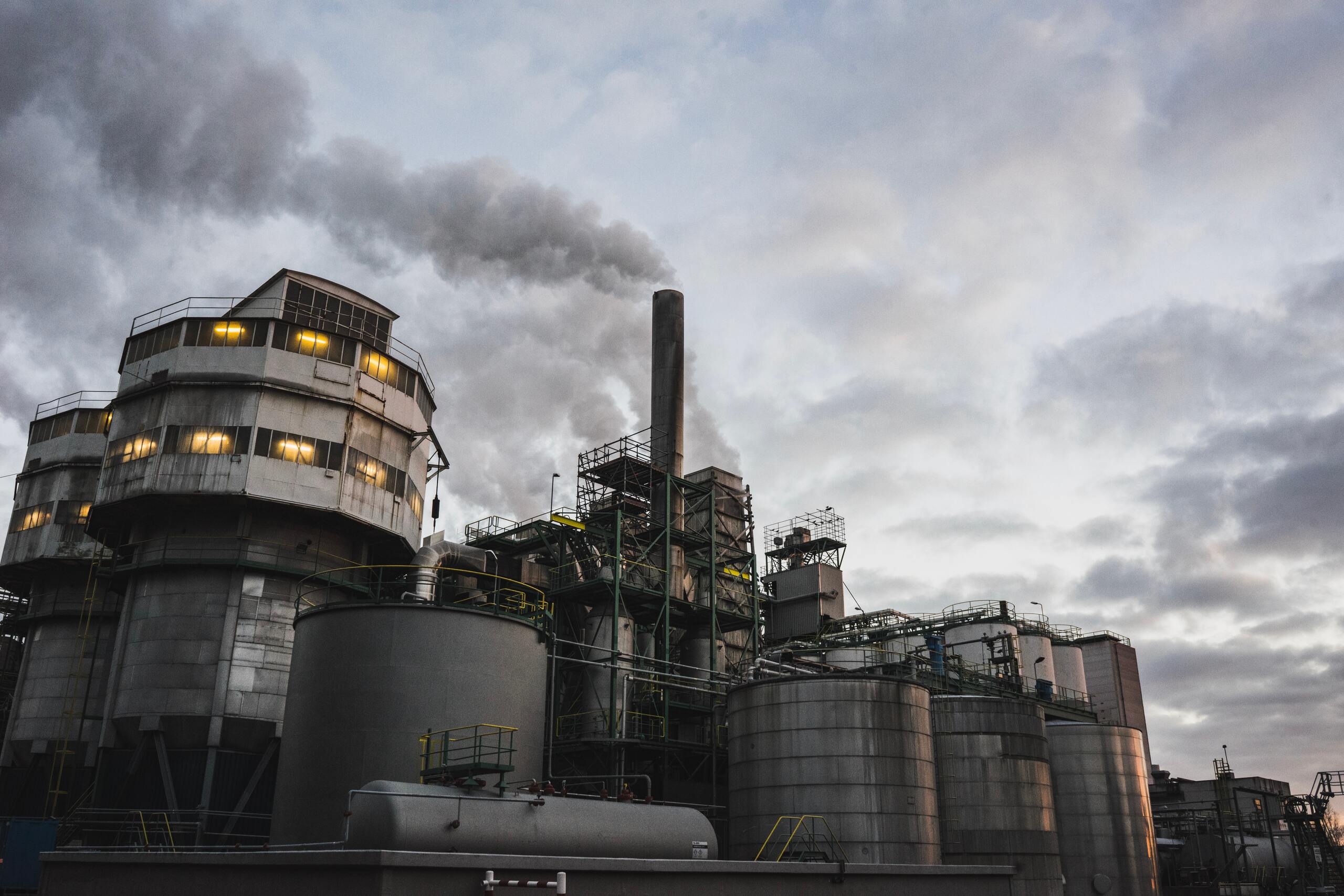The petrochemical industry is essential for the manufacturing of materials that are utilized in a range of products of daily use, such as textiles, plastics, and pharmaceuticals. Thus, this industry’s efficiency has a direct impact on our daily lives.
In an industry that is driven by technology and innovation, it’s no surprise that advanced analytics is becoming an increasingly important tool for companies in this environment. This blog post aims to explain how the petrochemical industries can benefit from advanced analytics, including real operational applications.
Predictive maintenance
Advanced analytics offers significant benefits to the petrochemical industry, with predictive maintenance being an important aspect of it. Through this technique, companies leverage sensor data and other sources to detect possible equipment failures before they occur. This proactive approach allows them to prevent downtime, increase productivity, and save costs.
For example, the oil and gas upstream industry use the “Christmas trees” – a set of valves and gauges used to control the flow of oil and gas coming from a wellhead. By employing predictive maintenance, these companies can monitor the equipment’s performance and identify any signs of wear or failure. This information can then be used to schedule maintenance at the optimal moment, preventing the need for costly repairs, and also reducing the risk of unplanned downtime.
Process optimization
Another benefit of applying advanced analytics in the petrochemical industry is the opportunity for process optimization. Real-time data analysis enables companies to enhance production processes, minimize waste, and improve product quality. With this, machine learning algorithms can detect patterns and trends that might be challenging for humans to identify.
By utilizing advanced analytics, different industries can monitor their production processes in real time, detect any deviations from optimal conditions, and adjust machine parameters (such as temperature and pressure) through machine learning algorithms automatically. This approach can reduce waste, improve product quality, and increase efficiency.
Environmental impact analysis
Finally, advanced analytics can be used to help petrochemical companies reduce their environmental impact. By analyzing data on factors such as energy consumption and waste production, companies can identify areas where they can make improvements.
For example, it is possible to monitor energy consumption during the production process of different products and identify areas where energy is being wasted. This information can then be used to make adjustments to the process, such as optimizing equipment settings, to reduce energy consumption or lower carbon emissions.
Conclusion
The petrochemical industry is a complex and challenging field, but the application of advanced analytics is providing companies with new opportunities to improve their operations and increase their competitiveness.
By using techniques such as predictive maintenance, process optimization, and environmental impact analysis, petrochemical companies can gain a competitive advantage and drive innovation in the industry. As more companies adopt these techniques, it will be possible to expect even greater benefits for the industry and the consumers who rely on its products.
If you want to learn more about how advanced analytics strategies can enhance the operation of petrochemical plants, click on the button below to read a real customer case study related to coating management improvement through digital transformation:

